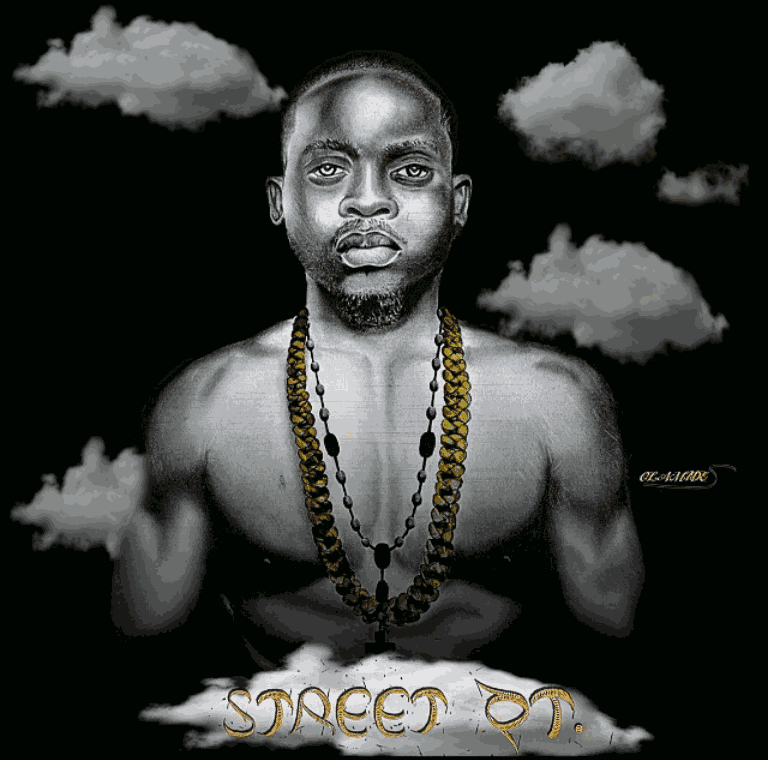There’s little to say about Olamide that hasn’t been said already.

As the protege of a class of indigenous artists that defined the Coded Tunes era, Olamide was an outlier.
But he picked up where 9ice left off by taking the music and culture of the streets to the mainstream.
On his day, he is a trans-generational genius.
Other days, he is stereotypical to the point of frustration – as the entirety of 2017 had us feeling.
If there is one Nigerian artiste that stretches opinion across the spectrum, it’s Baddo Sneh, First of His Name.
What better way then to gauge the dins and highs of Olamide’s long career than going through the main benchmarks of an artist’s career; their bodies of work.
Here are Olamide’s albums, ranked from ‘least favourite’ to ‘absolute classic’.
“Lagos Na Wa (Wobey Sound)” (2017)
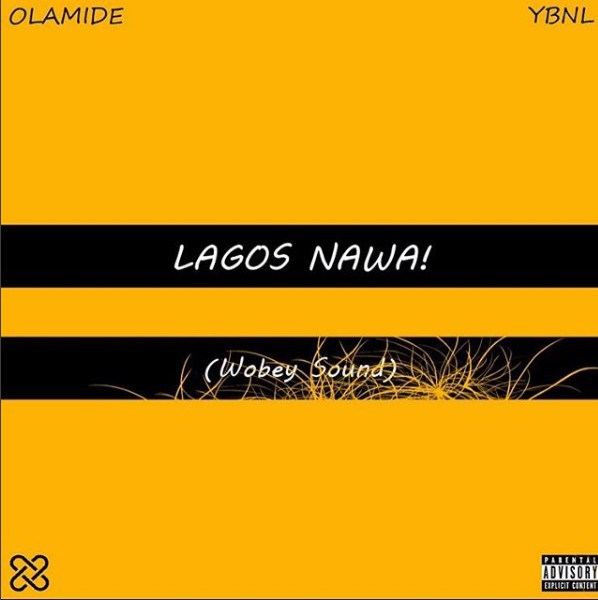
We do not speak of this one – even though it’s easy to understand the motive for this project.
After such a storied career, Olamide may have felt an understandable desire to capture the ethos of the city he represents. And fairly so.
Blessed by the city’s elite and masses alike, Olamide has managed to make himself the poster boy for Africa’s cultural nucleus.
But if his persona reflected the spirit of Lagos – grind, opportunity, hustle and connect, the album fell far short.
Instead of drawing on multiple sources as most fans expected, Olamide created a self-contained project.
There are lessons to be learned here in letting upstarts learn before throwing massive projects on them.
There are also very few people who still listen to this album.
“The Glory” (2016)

Somewhere between YBNL and Street OT, Olamide had decided that his calendar would be dominated by one thing; his annual late-in-the-year release.
And while it would notably crash and burn on his tribute to Lagos, “The Glory” was where the folly of his approach began to show – and it was not for lack of inspiration.
In the years since his rise, life had happened. His long-standing partner had their first child named Maximilliano or “Milli” for short. He had become the face of indigenous music in the mainstream – and stretched out helping hands to emerging talents in that sphere, most notably Phyno.
He had become the spokesman for street culture, often recycling inner-city trends and watering them down for the mass audience. This sense of greater responsibility came through on the album in spurts.
“Letter To Milli” is a honest letter to his son, written from the point of view of a father who wishes none of his struggles on his own. “Oluwa Loni Glory” is a typical acknowledgement of a higher power and his role in his success.
But where the album reached for greater heights, it was pulled to earth by a slew of unfinished pop singles, hasty collaborations and songs that could have used a month or more of thought and effort.
“Rapsodi” (2011)
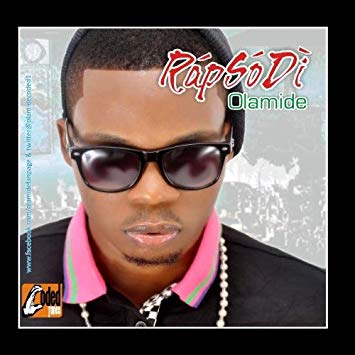
To understand the impact of Rapsodi, one needs to appreciate the song that is “Eni Duro”. With an exercise in chest-bumping and a nifty music video, Olamide managed to put himself on everyone’s radar.
The song’s success carried it the impression of Olamide as an artist coming to appreciate his ability as much as we were, and Olamide delivered in the same vein on his album.
Made under the guidance of his mentor, ID Cabasa, the album followed a template that 9ice had created for indigenous music on ‘Gongo Also’. It was confident in its identity and the core influence of indigenous street culture – but it also touched other bases.
Songs like “Apa Ti Jabo” assured us of who Olamide was while others – particularly “Omo To Shan” left crumbs of what he would go on to become.
Standouts: “Eni Duro”, “Responsibility”, “Omo To Shan” w/ Wizkid
Should Never Have Happened: “Dirty Rock”
Eyan Mayweather (2015)
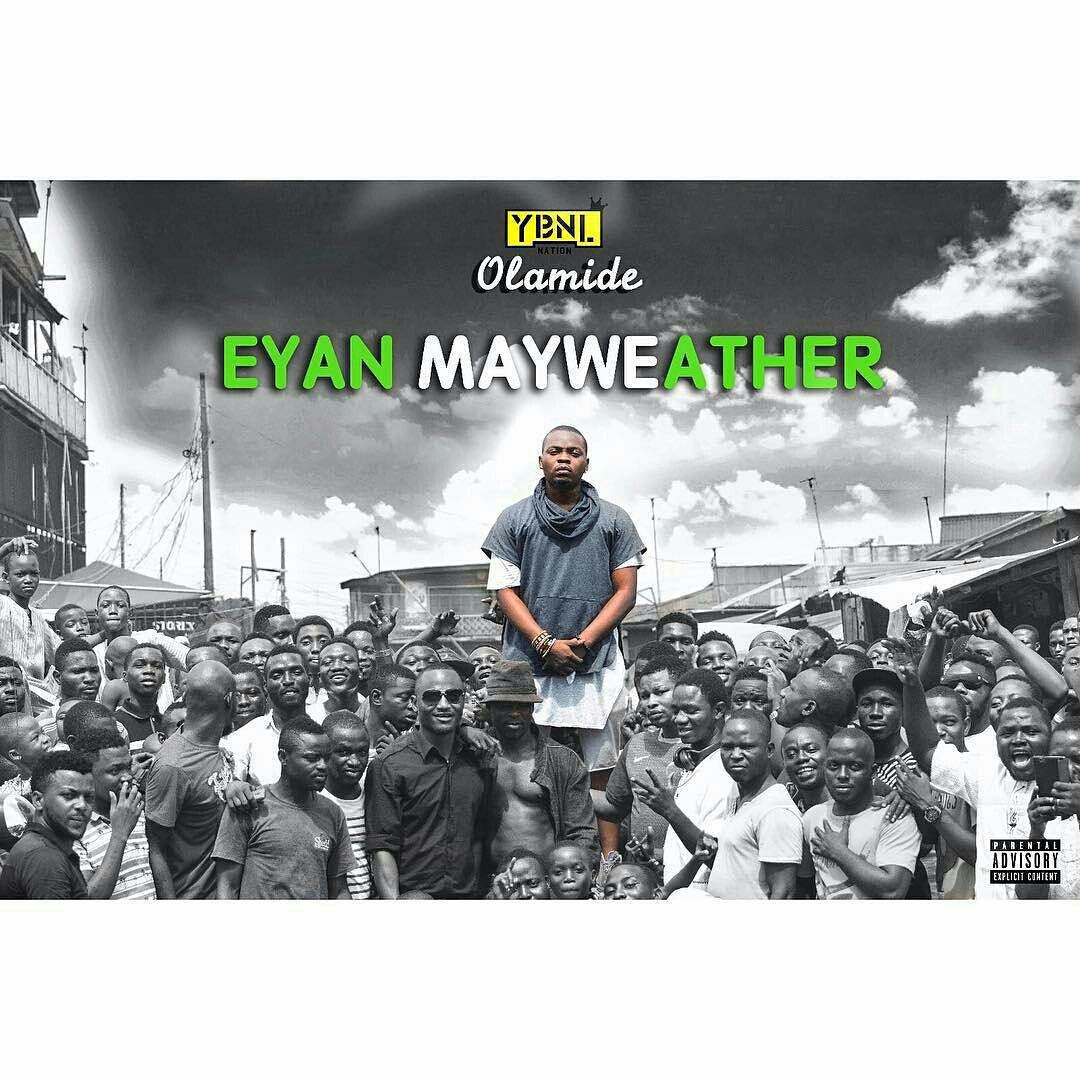
By 2015, Olamide had made it to elder statesman status. With an entire team of rabid musicians in his army and a city on his back, Baddo had all he could have imagined when he made Rapsodi.
That ethos was represented almost perfectly in the cover for his sixth album. The album itself was reflective of someone who had little left to prove.
While his peers approached a new benchmark by scoring points on an international level, Olamide had spent his year strengthening his hold on the local market.
Hits like “Bobo”, “Melo Melo” and “Lagos Boys” were the core of the album.
They were surrounded by songs by pop fillers that had become his bread and butter in the years before. The man had little to prove and it showed.
Standouts: “Bobo”, “Melo Melo”, “Lagos Boys”.
Should Never Have Happened: “Akara”
YBNL (2012)
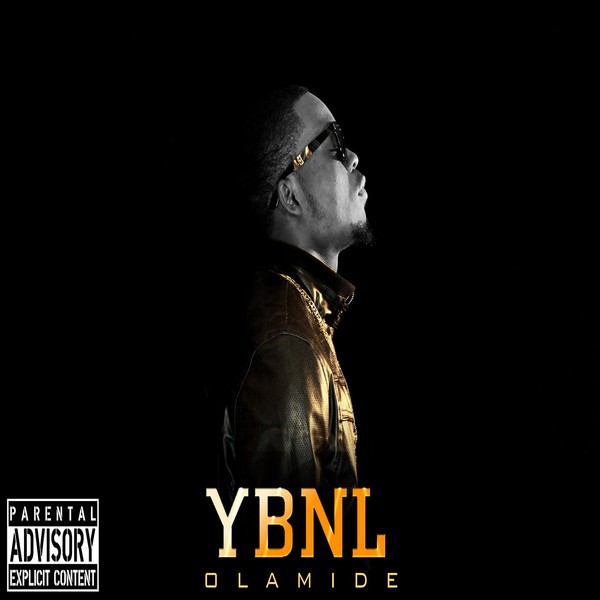
“Baddest Guy Ever Liveth” (2013)
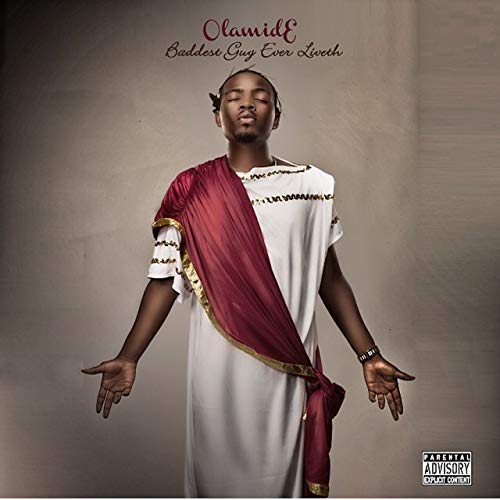
Street OT (2014)
